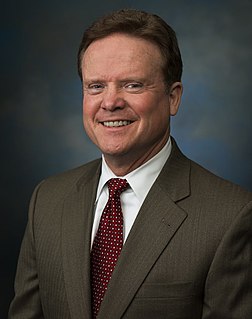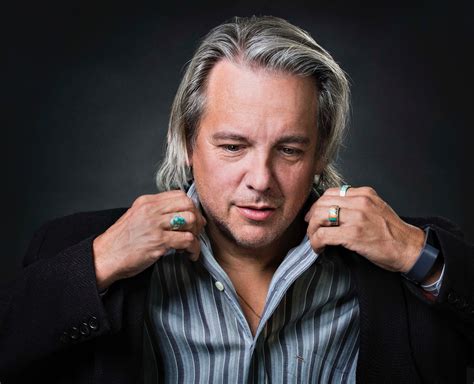A Quote by Michelle Alexander
Since the nation's founding, African Americans repeatedly have been controlled through institutions such as slavery and Jim Crow, which appear to die, but then are reborn in new form, tailored to the needs and constraints of the time.
Related Quotes
We started America with the sin of slavery that led right into the post-reconstruction period which was the greatest period of domestic terrorism in our country's history. Then after that, we had Jim Crow emerge and just when the Jim Crow laws were ending came the onslaught of the drug war. Well, the drug war has so perniciously effected, insidiously infected communities of color that in some ways it has come full circle, and we now have more African Americans under criminal supervision than all of the slaves in 1865. This is a profoundly unjust war.
People talk about Jim Crow as if it's dead. Jim Crow isn't gone. It's adjusted. Look at the disproportionate sentences meted out to blacks caught up in the criminal justice system. There's a problem when people profit from putting and keeping African Americans in prison. We need to do a better job as a nation understanding the real values the country's built upon in terms of fairness, equality and equal opportunity.
I think the important thing to understand first and foremost about Michael Jackson is that he was the international emblem of the African American blues spiritual impulse that goes back through slavery - Jim Crow, Jane Crow, up to the present moment, through a Louis Armstrong, through a Ma Rainey, through a Bessie Smith, all the way to John Coltrane, Aretha Franklin and Nina Simone.
I don’t believe it is possible to transcend race in this country. Race is a factor in this society. The legacy of Jim Crow and slavery has not gone away. It is not an accident that African-Americans experience high crime rates, are poor, and have less wealth. It is a direct result of our racial history.
I actually believe that some residue of discrimination would lessen, because it's my view that there is a certain percentage of the white population that stereotypes and makes assumptions about African Americans because they don't inject the history of slavery and Jim Crow into current incarceration rates, or crime rates, or poverty rates, or what have you.
I have much more confidence in my ability, or any president or any leader's ability, to mobilize the American people around a multiyear, multibillion-dollar investment to help every child in poverty in this country than I am in being able to mobilize the country around providing a benefit specific to African Americans as a consequence of slavery and Jim Crow.
I’ve spent too many years explaining who and what I am repeatedly, so as of this moment I officially secede from both races. I plan to start my own separate nation. Because I am half Ojibway and half Caucasian, we will be called the Occasions. And of course, since I’m founding the new nation, I will be a Special Occasion.
I'm not pessimistic, because poor people tend to bounce back. We've been through worse than this - working people been through worse than this. We've got slavery and Jim Crow. We've got workers with no rights up until `35. We're going to bounce back. We are resilient, resisting people. So, it's not pessimism, but it is blues-like. It's not optimistic. We're just prisoners of hope, that's all.
That's one of the biggest losses, I think, to African American families, is that people, once they left, they turned away from the South. They didn't look back, and they often didn't tell their children about it. They didn't want to talk about it. It was too painful, what they'd gone through and the caste system of the South, which was Jim Crow.
Arguably the most important parallel between mass incarceration and Jim Crow is that both have served to define the meaning and significance of race in America. Indeed, a primary function of any racial caste system is to define the meaning of race in its time. Slavery defined what it meant to be black (a slave), and Jim Crow defined what it meant to be black (a second-class citizen). Today mass incarceration defines the meaning of blackness in America: black people, especially black men, are criminals. That is what it means to be black.

































